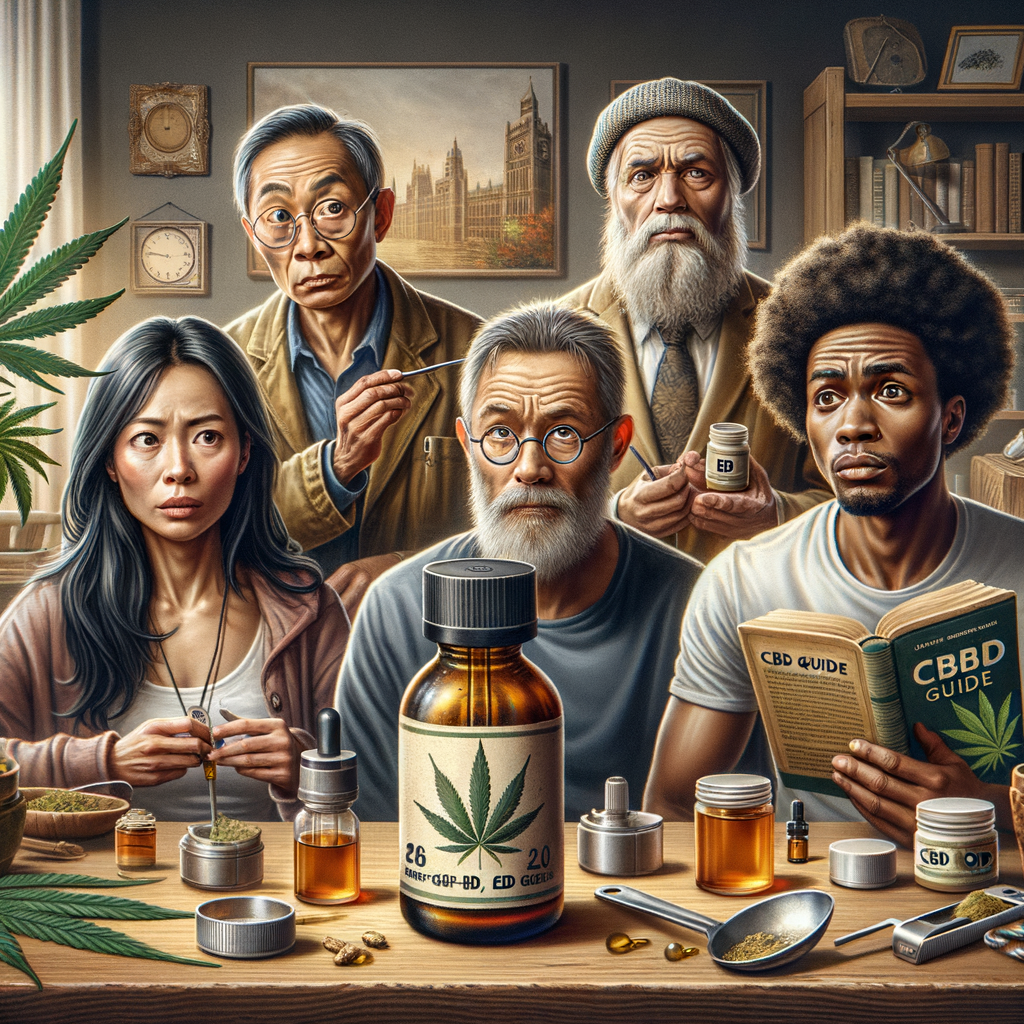Common Misconceptions About CBD Dosage and Usage
In recent years, the popularity of CBD (cannabidiol) has soared, captivating the interest of health enthusiasts, researchers, and the general public alike. As more individuals explore CBD for its potential benefits, numerous misconceptions have surfaced regarding its dosage and usage. This blog aims to clarify these misconceptions to help consumers make informed decisions.
Understanding CBD: A Brief Overview
CBD is one of the many compounds found in the cannabis plant. Unlike its more infamous counterpart, THC (tetrahydrocannabinol), CBD does not produce a psychoactive effect. Instead, it is celebrated for its potential therapeutic properties, including:
- Reducing anxiety and depression
- Alleviating chronic pain
- Improving sleep quality
- Providing anti-inflammatory benefits
Common Misconceptions About CBD Dosage
When it comes to dosing CBD, many consumers hold onto misconceptions that can lead to ineffective or even adverse experiences. Here are some key misunderstandings:
1. “More CBD Equals Better Results”
One of the most widespread misconceptions is the belief that higher doses of CBD will always yield better results. However, this is not necessarily true. The effective dosage can vary significantly from person to person and depends on several factors, including:
- Individual body chemistry: Everyone metabolizes CBD differently.
- Condition being treated: Different ailments may require different dosages.
- Method of consumption: How you take CBD (oil, gummies, capsules, etc.) can influence its efficacy.
In fact, some users find relief with lower doses, while others may require higher ones, emphasizing the importance of personal experimentation and potentially consulting a healthcare professional.
2. “There’s One Perfect Dose for Everyone”
Related to the first point, many believe there is a universal dosage that fits all. In reality, CBD does not have a one-size-fits-all dosage. To determine the right dosage for you, consider employing the following approach:
- Start Low: Begin with a conservative dose and gradually increase it.
- Monitor Your Response: Keep track of any changes in symptoms or side effects.
- Consult with Professionals: Seek advice from healthcare providers who understand CBD.
3. “CBD is a Quick Fix”
Another misconception is viewing CBD as a quick fix for health issues. While some users may experience immediate effects, particularly with products like vape oils, others might require consistent usage over a period to notice significant changes. This might involve:
- Daily administration: For chronic conditions, daily use is often recommended.
- Consistency is Key: Effects can build up over time, much like with traditional medications.
Common Misconceptions About CBD Usage
Beyond dosage, several misconceptions also permeate the discussion surrounding CBD usage. Here are a few notable examples:
1. “CBD is Only for Certain Conditions”
Many people believe CBD is only effective for narrow health issues, such as chronic pain or anxiety. However, research indicates that CBD has the potential to help with a wide array of conditions, including:
- Epilepsy: FDA-approved CBD is used to treat certain epilepsy syndromes.
- Skin disorders: It has shown promise in treating acne due to its anti-inflammatory properties.
- Neuroprotection: Emerging studies suggest potential benefits for neurological disorders.
2. “CBD Has No Side Effects”
While CBD is generally well-tolerated, it is crucial to acknowledge that it is not free from side effects. Some common side effects may include:
- Fatigue
- Changes in appetite
- Diarrhoea
Understanding these potential side effects is essential for making informed choices about CBD use.
3. “All CBD Products Are the Same”
Finally, a significant misconception is that all CBD products available in the market are equivalent. In reality, the quality and composition of CBD products can vary widely due to factors such as:
- Source of hemp: The quality of hemp can significantly affect the product.
- Extraction methods: Different methods yield different purity levels.
- Third-party testing: Checking for independent lab results can ensure product quality.
Conclusion: Navigating the CBD Landscape
As interest in CBD continues to grow, it is vital for consumers to navigate the landscape armed with accurate information. By addressing common misconceptions surrounding dosage and usage, individuals can approach their wellness journey more effectively.
By empowering oneself with knowledge and consulting healthcare professionals when necessary, consumers can cultivate a better understanding of how to incorporate CBD into their routines safely. Always remember: responsibility and awareness are key to optimizing the benefits of CBD.
There you have it… See what works for you…
Campbell M Gold
To Create Health, Wealth, Success, and Longevity through the Power of Your Subconscious Mind, Visit: Campbell M Gold.com
Visit The Store and see what else can be of help


Leave a Reply
You must be logged in to post a comment.